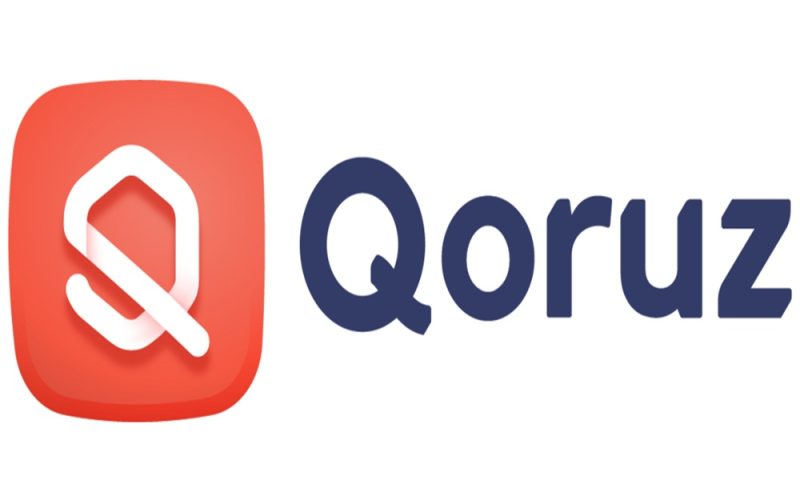From Lifestyle to Finance: The Middle East’s Creator Economy is Entering a New Era
The creator economy in the GCC region is undergoing a transformation. According to new data released by Qoruz, an influencer marketing intelligence platform, the Gulf Cooperation Council (GCC) countries: Bahrain, Kuwait, Oman, Qatar, Saudi Arabia, and the United Arab Emirates are now home to about 263K social media influencers as of 2025. That’s a 75% growth in just two years, up from 150K in 2023.
Globally, Fashion and Entertainment dominate, but the GCC follows a different path: Lifestyle & Travel and Fashion & Beauty lead, reflecting the region’s affluence and focus on luxury, aesthetics, and experiences. Meanwhile, Finance & Business and Health & Fitness are rising as creators simplify money, startups, and wellness, and Arts & Entertainment is surging with identity-led cinema, music, and short-form storytelling.
Influencer Growth Across Categories (2023–2025)
|
Category |
2023 Influencers |
2024 Influencers |
2025 (YTD) Influencers |
2-Year Growth (%) |
|
Lifestyle & Travel |
31K |
48K |
58K |
87% |
|
Fashion & Beauty |
28K |
45K |
53K |
89% |
|
Food & Culinary |
22K |
29K |
32K |
45% |
|
Arts & Entertainment |
14K |
22K |
26K |
85% |
|
Health & Fitness |
13K |
18K |
23K |
76% |
|
Parenting & Family |
12K |
16K |
22K |
83% |
|
Tech & Gadgets |
9K |
13K |
15K |
66% |
|
Finance & Business |
8K |
11K |
13K |
62% |
|
Gaming |
7K |
9K |
11K |
57% |
|
Others / Niche |
6K |
9K |
10K |
66% |
|
Total |
150K |
220K |
263K |
75% |
“Creator/Influencer” = monetized content creator with >1,000 followers.
GCC Influencers: Ethnicity-Led Reach at Scale
Campaigns increasingly use an ethnicity lens to reach Arab, Indian, or Western cohorts. UAE brands tap Indian-origin creators for South Asian expats, while Saudi brands lean on Arab creators for cultural fit. This diversity fuels nuanced storytelling, with GCC creators setting trends by blending regional values with global aesthetics. Today, 62% of consumers regularly see creator-led content, and 35% say it directly influences purchases.
Priya Vivek, Co-Founder and Head of Partnerships at Qoruz, says, “In the GCC, creators are not just entertainers; they have become cultural narrators. Their stories go beyond engagement. They reflect aspiration, relatability, and everyday life. Collaborations are no longer just about reach or aesthetics; they are about cultural context, authenticity, and sometimes even ethnicity. Creators who understand their audiences and bring a sense of belonging are the ones driving real impact.”
“What’s emerging in the GCC is a creator economy that’s both strategic and expressive. The ecosystem here is evolving fast, and creators are becoming an integral part of how brands build meaningful connections with people,” said Aditya Gurwara, Co-Founder of Qoruz. “Parenting and lifestyle creators especially stand out because they make everyday topics more relatable and engaging. They’re not just participating in the market anymore; they’re helping define it.”
Looking ahead, brands are moving from one-off bursts to long-term partnerships, with tighter creator-brand alignment, mobile-first formats, and localized narratives across cultures. The GCC’s creator economy is now about sustained influence rooted in the region’s identity.










